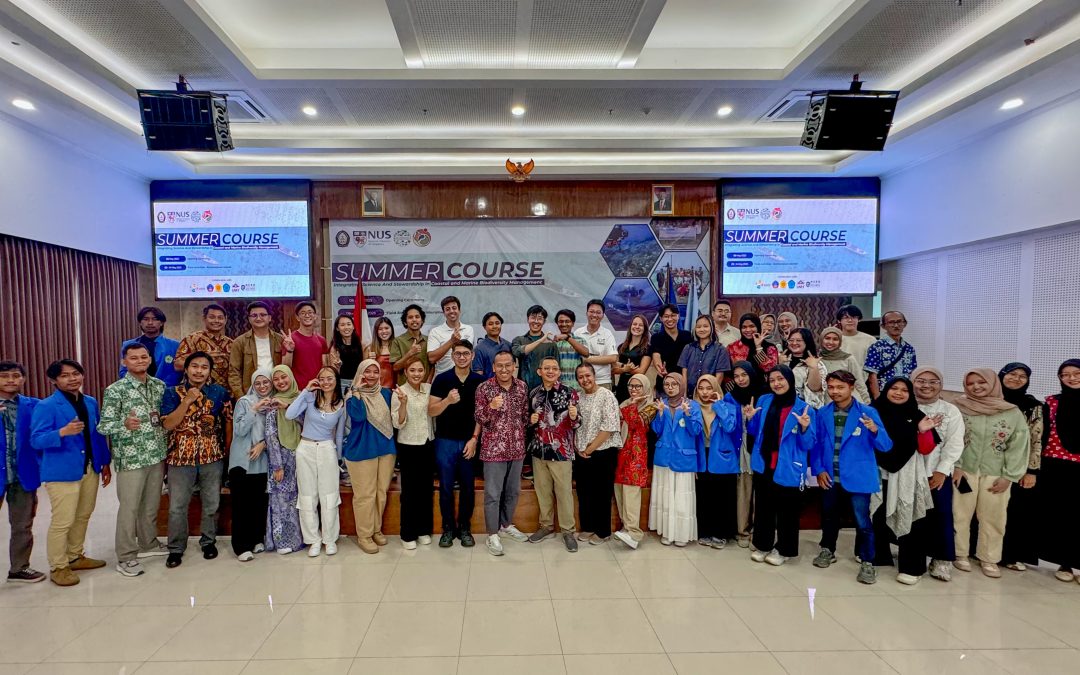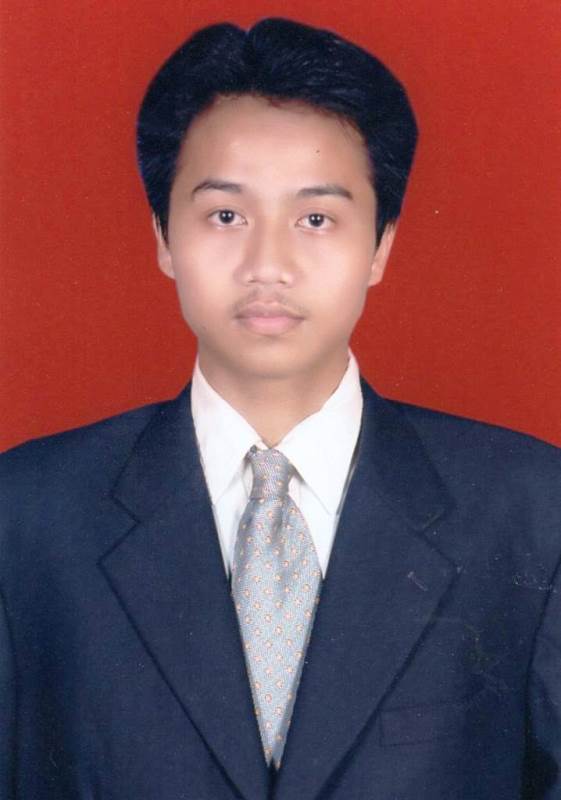biologi.fsm.undip.ac.id – The Department of Biology, Faculty of Science and Mathematics (FSM), Diponegoro University successfully held the 2025 Summer Course in Karimunjawa Islands from May 9 to 14, 2025. This year’s program brought together 49 participants and speakers from seven countries—Indonesia, Singapore, Malaysia, Germany, Bangladesh, Brazil, and Saudi Arabia—under the support of the World Class University (WCU) Program.
Rully Rahadian, M.Si., Ph.D., who led the organizing team, explained that the course was aimed at introducing the rich biodiversity of Indonesia, especially within Karimunjawa National Park, to international and local participants. The course combined lectures and hands-on fieldwork focused on different ecosystems including terrestrial areas, mangroves, seagrass beds, coastal zones, and coral reefs. Participants also explored the potential of ecotourism and examined the social and economic dynamics of the local communities.

Field activities include practical data collection on mangrove ecosystems in Karimunjawa National Park.
Throughout the field sessions, students were involved in various scientific activities such as identifying mangrove species, measuring seagrass and coral cover, observing bird species, and interviewing locals and tourists to assess the state of ecotourism and socioeconomic conditions. The program was strengthened by lectures and practical sessions delivered by experts from several academic institutions like Diponegoro University, Universitas Muhammadiyah Semarang, Universiti Malaysia Terengganu, University of Mataram, the National University of Singapore (NUS), and King Abdullah University of Science and Technology (KAUST).

Summer Course 2025 participants conducted group presentations as one of the outputs of field practice activities.
One highlight of this year’s course was the introduction of the Autonomous Reef Monitoring Structure (ARMS), a method developed for standardized monitoring of marine biodiversity. Often referred to as “underwater hotels” for cryptic organisms, these structures provide both morphological and molecular data for biodiversity research. The ARMS component was part of a collaborative research effort between UNDIP’s Biology Department and the Lee Kong Chian Natural History Museum, NUS.

Summer Course 2025 participants conducted group presentations as one of the outputs of field practice activities.
The program concluded with a cultural trip to Semarang and nearby areas. Participants visited historical landmarks such as Lawang Sewu and the Ambarawa Railway Museum and enjoyed a lakeside lunch at Rawa Pening. According to Dr. Eng. Adi Wibowo, M.Kom., Vice Dean for Resources at FSM UNDIP, the summer course aligns with Sustainable Development Goals (SDGs), particularly goals 14 and 15 related to marine and terrestrial conservation.


